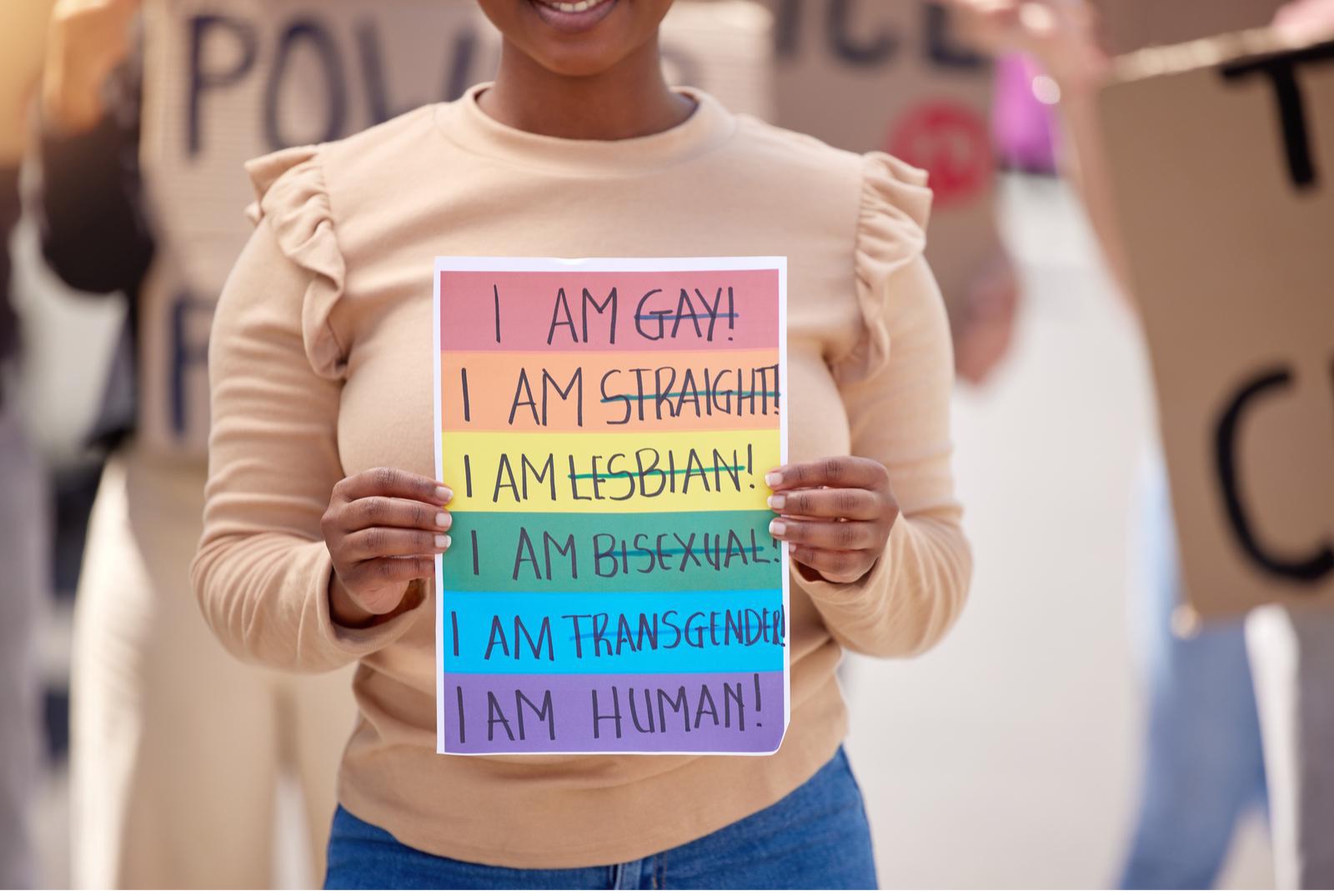Overcoming Substance Abuse in the LGBTQ Community
The lesbian, gay, bisexual, transgender, and queer (LGBTQ) community faces unique challenges when it comes to substance abuse and recovery. These challenges are rooted in a complex interplay of societal discrimination, lack of specialized care, and a higher incidence of mental health conditions due to chronic stress. With compassion, understanding, and specialized resources, recovery is well within reach. Below, we explore the landscape of substance abuse treatment tailored to the needs of LGBTQ individuals and highlight the path toward a healthier future.
Understanding Substance Abuse in the LGBTQ Community: A Snapshot
Substance abuse rates are higher among LGBTQ individuals compared to their heterosexual counterparts, largely due to stress from societal stigma, discrimination, and isolation. Many in this community turn to alcohol, tobacco, and drugs as coping mechanisms for trauma, rejection, or internalized homophobia. This underscores the urgent need for LGBTQ-specific support, including holistic care at facilities like LGBTQ rehab centers in Los Angeles.
Social environments such as bars and clubs, often central to LGBTQ community life, can normalize substance use, making abstention challenging. By creating alternative, safe spaces and offering compassionate, stigma-free recovery services, providers can better support individuals on their journey to sobriety.
Challenges Faced by LGBTQ Individuals in Seeking Addiction Treatment
LGBTQ individuals often face challenges in seeking addiction treatment due to the lack of LGBTQ-friendly programs and healthcare systems that cater to their unique life experiences and stressors. This lack of understanding and sensitivity can lead to isolation and deterrence from seeking help.
The fear of being outed can also hinder their recovery, as they may choose privacy over seeking help. To address these issues, LGBTQ-specific initiatives are needed to provide a sanctuary for healing and validate the experiences of the LGBTQ community. Specialized care is essential for fostering an inclusive environment for holistic healing and recovery.
Holistic Approaches to Substance Abuse Treatment for LGBTQ Persons
Holistic substance abuse treatment is particularly beneficial for the LGBTQ community, considering all aspects of an individual’s health, including physical, psychological, and social aspects. This approach includes therapies like counseling, group therapy, stress management, and support for co-occurring mental health disorders.
Affirmative therapy practices affirm LGBTQ identities and address the intersection of gender and sexual orientation with addiction. These practices are responsive and preemptive, helping LGBTQ individuals navigate a society where discrimination is prevalent. Holistic treatment also emphasizes self-esteem, personal growth, and empowerment, helping them build resilience against external pressures and achieve lasting sobriety.
The Role of Support Systems in Facilitating Recovery in the LGBTQ Community
LGBTQ individuals struggling with addiction often benefit from community support, particularly peer support groups that foster empathy and shared experiences. Family or chosen family also plays a crucial role in recovery, providing emotional support and motivation.
Medical and therapeutic professionals, who demonstrate cultural competency and understanding of LGBTQ-specific issues, bridge the trust gap and guide patients through their recovery journey. Accessible community resources, such as helplines, workshops, educational materials, and advocacy groups, equip individuals with self-care tools and provide pathways to additional assistance when needed. These resources are essential in ensuring the recovery of these individuals.
Advancing Policies and Programs for Better LGBTQ Substance Abuse Outcomes
Inclusive policies and programs are crucial for improving substance abuse outcomes for the LGBTQ community. This requires commitment from all levels of government and the healthcare sector. Program development should be based on comprehensive research, including the voices of LGBTQ individuals. A data-driven approach ensures relevant and effective programs.
Healthcare professionals must be trained in LGBTQ cultural competence to avoid alienating or harming the LGBTQ community. A nuanced understanding of LGBTQ experiences is essential for successful addiction treatment. Collaboration between LGBTQ organizations, treatment centers, and policymakers is also vital for amplifying the impact of initiatives aimed at improving the experiences of LGBTQ individuals.
Altogether, overcoming substance abuse in the LGBTQ community requires a comprehensive effort that blends understanding, specialized treatment, and robust support networks. When these elements are incorporated into recovery programs and bolstered by inclusive policies, the path to sobriety becomes accessible and sustainable for every member of the LGBTQ community seeking to heal.
Keep an eye for more latest news & updates on Hiphophiphop!






